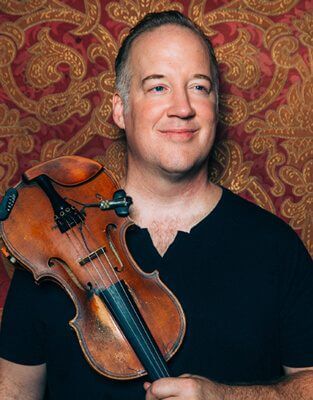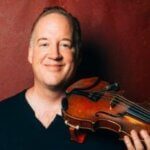Artists have a special way of seeing the world and a unique set of priorities to balance. Some of us train for 20 years or more before entering the professional field. After school it’s up to us to figure out how to continue growing musically, make money, and balance the rest of life. Here are some related thoughts.
Table of Contents
Goals
Make a list of life categories that are important to you, including music, teaching, business, fitness, health, relationships, spirituality, et al.
Brainstorm a list of goals within each category and write them down.
Use an eraser
Pare each list down to a smaller list of things that seem most important. Cross out everything else.
Make Everything Count Twice
For example:
-I combine exercise with father-son time, such as biking or jumping at the trampoline park. Same with social calls and face to face business meetings.
– I create videos to combine music practice and marketing.
– When practicing, I consolidate improvisation w/ intonation, rhythm w/ harmony, composition w/ harmony, etc.
– I practice while teaching.
– Flip the classroom: Repurpose content in videos, podcasts, emails, social media.. Create a piece of content for one student, and then share it so others can benefit from it.
The easiest way to get started flipping the classroom (whether for your teaching or business), is in this video.
Horse & Cart
Addressing one area of your life may fix a problem in another.
-Teaching differently may help you improve as a performer
-Improving your relationships may help you become healthier.
-Exercising may help you make more money, or vice versa.
–Fixing your bow arm will definitely improve your rhythm..lol
– Booking more gigs, i.e., getting better at business, can help you become a better musician.
Good Enough- not perfect
Choose the goal that seems most right. Not perfect. Then treat it like it’s real. Try to meet it, even knowing that you may fail.
Let projects go out into the world without being perfect. This post is a case in point.
Consider big vs. small; longterm vs. short term
If you set a big goal far into the future, timeline it with weekly or monthly benchmarks that are doable, e.g.:
-Walk 10 minutes every day this week.
-Make 3 sales calls every business day.
-Compose 8 bars of music between 9-10 pm.
-Practice B-minor pentatonic scale sequences in third position for at least 10 minutes on mon/weds/fri.
If you fail, try again, or change the goal. Most people don’t trust their goals, so they don’t try. Others try for a while, and then feel so frustrated when they fail that they can’t bear to reframe and start again. It’s normal to fail. The trick is to acknowledge it and try again. Write your goals down and put them where you can see them frequently.
Case Studies
Goal: Get better at music
List: 20 specific things such as “Intonation in fast chromatic melodies, improvisation on the tune Giant Steps, better rhythmic feel on the 7 bluegrass tunes I know, arrange in 4-part harmony, play melodic sequences in F sharp melodic minor in 4th position…”
Focus: Pare the list down. Add a due date.
1. Play F sharp minor scale patterns in 5 positions at 120 BPM.
2. Learn three fiddle tunes.
3. Check my intonation each day when listening back.
These would be the only things I practice for a week or two. Anything else would be playing for enjoyment.
Synergize- Record or perform some of this live or in a video, or teach it to someone…
Goal: More money/time, less stress, and better clients
List: Many specific ways to make money in less time..
Eliminate: Pare the list down
Measure: “Book 5 new gigs paying a minimum X within 2 weeks. Sell 10 tickets to a workshop within the next month. Enroll 5 new students for a total of X monthly income by January 30th. Book my band on the road for one week this summer for a minimum of X dollars.”
Create action plan: The action plan for generating clients or gigs is always some specific form of Sales & Marketing. The only other thing I can recommend is eliminating costs in time, $, or energy.
If you work in music, you probably never studied business and aren’t doing consistent sales or marketing.
If you work for yourself, the willingness to offer your services is critical.
Continuing Education
Drop everything and go back to school? Part of the reason borrowing buckets of money for school is culturally accepted is that school supposedly “works.”
Except it doesn’t always work. People sometimes go back to school only to decide it’s not what they wanted after all. Or they go to school and still don’t receive the skills they need. Sometimes people do it for the wrong reasons, like because they’re resistant to pursue work/clients, or resistant to staying in the job they have.
Continuing education is important, but there are other options besides school.
You can study via online courses, mentorships, internships, or attend conference events, for a fraction of the cost of getting a masters degree.
Counseling or coaching are options. If you’re confused, anxious, depressed, angry, or overwhelmed, counseling is worth considering. You might spend $100-3,000 on counseling to get to the heart of some really important stuff. That’s a lot less than it costs for a degree.
Life coaches or career coaches can be a good option if you have an aversion to therapy or have questions related to a specific industry. Coaches in any field (even fitness or music) should employ some set of personal development or emotional intelligence training, but also know the difference between their training vs that of a therapist.
A degree path often offers a limited set of skills in one category. True growth relies on gaining skills in many areas outside a degree area such as productivity, project management, interpersonal communication, conflict resolution, leadership… If the object of the Suzuki method is to grow kids into balanced humans, most of us need a way to continue this education after school.
College is great for many people. It’s also a luxury, and it sometimes defers real life and incurs tons of debt. Many career paths do not require a degree. I’m just saying, don’t rule out all your options.
Other Unexpected Drivers of Growth
Fitness:
Exercising regularly creates the space for me to succeed as a musician for many reasons. One of the main reasons I started running every day was to make more money. (It’s a long story.) The biggest immediate benefit is that I feel more at peace. This translates across the board into other areas of my life from music to teaching, relationships, etc…
Relationships:
It’s common for musicians to put their music first and let other important relationships suffer. We can be obsessive that way. Our music and careers will likely be better when we have healthy relationships.
Saying, “I’m going to spend more time with all of my friends”, feels really general, and thus harder to do. I’d rather make a list of people I want to connect with and make time for each of them. Quality over quantity.
Final Thoughts
Regardless of your goals, Get Accountability. Say your commitment out loud to someone. Join an accountability group.
We can’t get better at everything all at once. Choose the most important drivers and goals to focus on.
Saying “no” to things is just as important as saying “yes.” I’ve felt guilty for cutting things out. These have included time for friends, time for practicing, et al. It takes just as much discipline and courage to cut things out as it does to take new things on, especially because we’re naturally afraid of people judging us.
It’s possible that the biggest challenge of all is to be both self-aware and self-accepting. When we’re aware of our strengths and weaknesses and unafraid of others’ judgement, we can choose where to focus energy and where to let go.
People will judge you whether you do nothing or you go for it and fail big. Might as well go for it. If you keep going for it, I believe people will eventually give you the benefit of the doubt.
I hope you’ll land on the growth drivers in your life.
If you want to gain more awareness, skills, and growth, consider my Music Biz Mastermind coaching/courses.
The Career Mentoring Group + DIY Course Bundle expires January 11, 2020.






